Preparing your home for a long trip or long-term travel is very different from going away for the weekend. Whether you’re leaving your place to adopt a nomadic lifestyle or you’re a snowbird and regularly leave for the whole winter, you need a plan. In this post, I walk through all the things I do before I leave for trips that last longer than a month. I also share some warnings and ideas to consider to protect your home, keep your plants and pets healthy and happy, and reduce the chaos of being away.
Should you give up, sublet, or rent out your home?
Ok first, how long is your actual trip? Is this a one-off or a new lifestyle? If you plan on coming in and out, that’s one thing, but if your apartment will be empty for nearly a year, that’s another. The main reason why this is my first point is that it can be a factor in determining whether you give up your apartment if you’re renting, sublet, or rent our your house while you’re away. Renting it out can help offset the cost of rent or your mortgage, and lighten the burden of paying for two places at once. Not to mention it can be helpful if you need eyes on the scene to look after your place. If it’s a trusted person or someone who is travelling through town, this can be a mega win win situation.
What to do with plants and pets when you travel
When planning to be away from home, take care of living things first.
Find a sitter for your plants or relocate them temporarily. I have a blog post on what to do with plants when you travel a lot. In a nutshell, you can pay for a plant sitter just like a dog, or find new homes for your foliage. I know designers find this tacky, but I have a few fake plants in my apartment because I find it depressing to have no greenery when I come home from a trip.
If you have pets, you will need to find a suitable situation for them to be well looked after. If you have roommates, you’re lucky and they will probably be able to help, with plants and animals. If not, there’s cat and dog sitters and boarding services, or family and friends if they are willing. I used to have a pet and when he passed away, I didn’t get another because I knew travel was going to be a big part of my lifestyle, and I just couldn’t bear to have to put them in boarding every time.
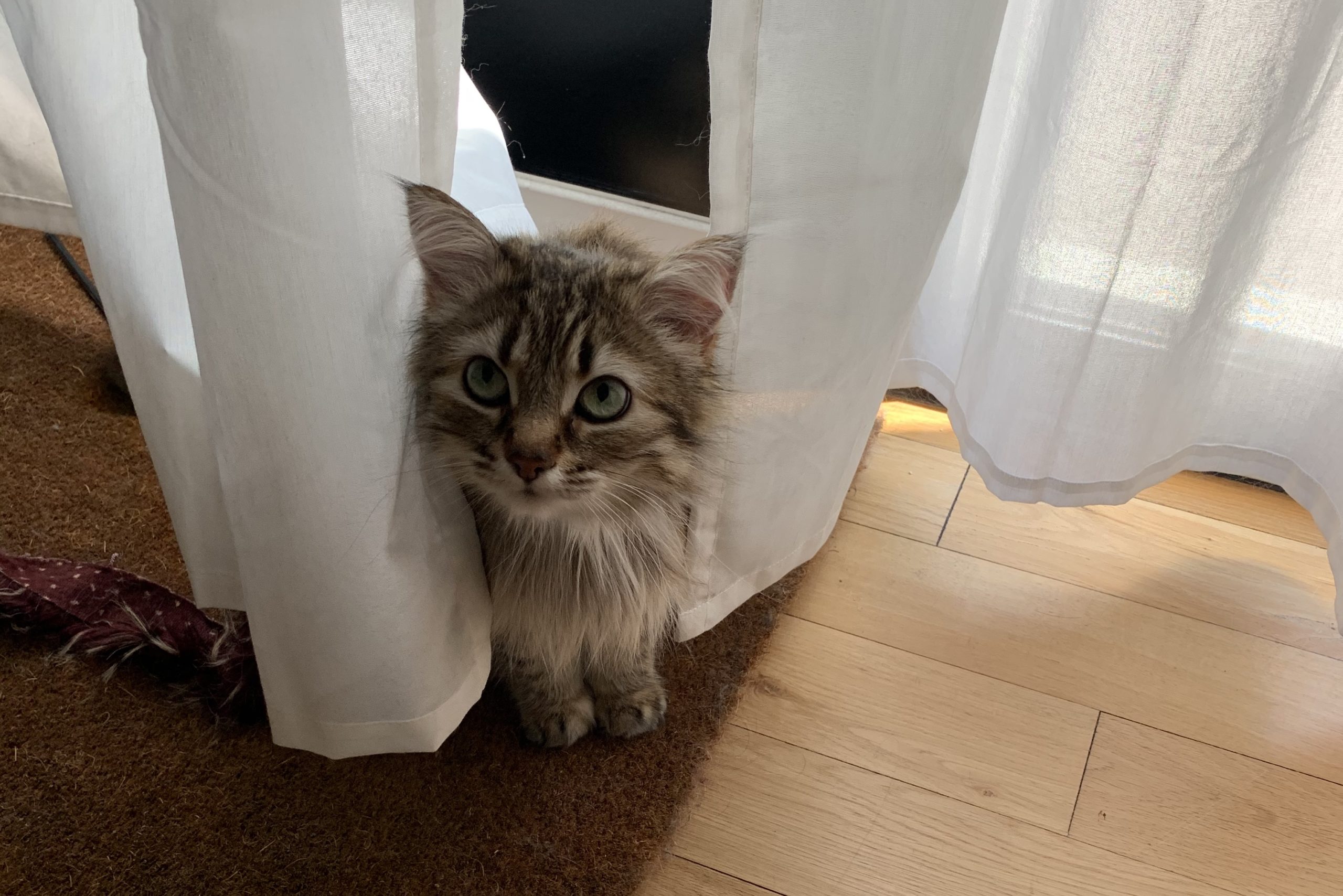
What to Do With Pets When You Travel
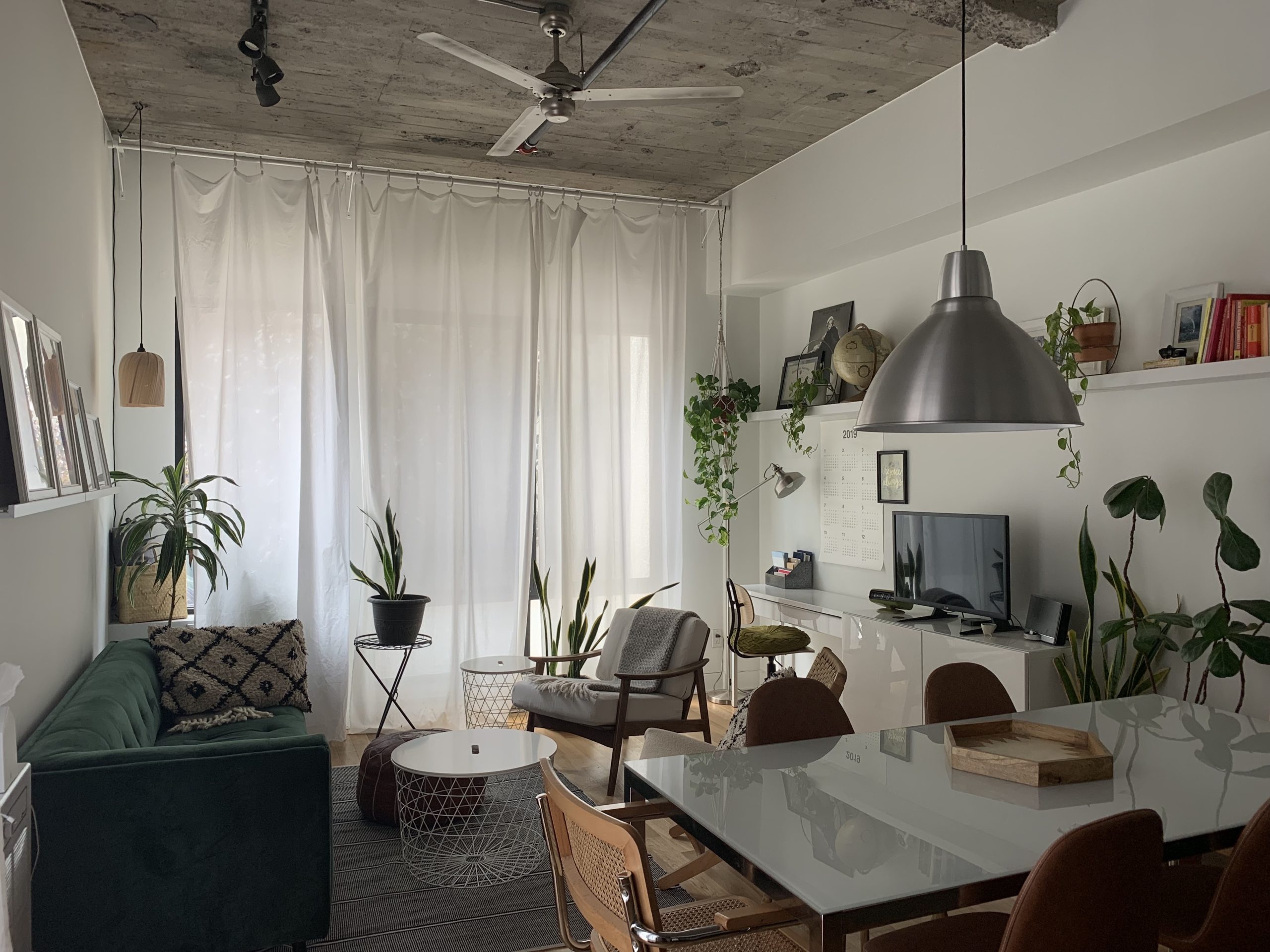
What to Do With Your Plants When You Travel
Make sure you're not fretting over missed events
Cancel or reschedule all appointments and send RSVPs for things you can’t make (with gifts and apologies if necessary). Don’t let future commitments sneak up on you. Make sure your schedule is totally clear while you’re away, and if appropriate, make sure you give people plenty of notice that you can’t make their event. This is part of the etiquette of maintaining friendships while you travel.

How to Maintain Friendships While Traveling
Prepare your home with the right security features
Think about security. Depending on your type of home, this may be a non-factor. But I’d recommend adding a second layer of security to fire space windows, like a bar. Here’s an article on 7 ways to secure your back door. You might also want to install timers that make it look like someone’s home. Hot tip, if you set your timer to turn on a radio, set it to talk radio. People don’t know if voices are real or coming through the radio. You can also get hooked up to a smart home set up with cameras and alarms, but don’t feel like you *have* to get this. Good locks on all windows and doors, and someone checking in on your home here and there is usually enough.

Forward or hold your mail while on vacation
While my parents were away, I got talked into checking their mail and then mailing it to them across the country. This is not ideal. Look into mail forwarding with Canada Post or USPS, or whatever your local mail service is if you plan on relocating to one place. If you plan on jumping around to various locations, you might want to use a service where your mail is held and important documents are opened and scanned for you to access abroad. These services can be private or some national mail services offer this. It’s pretty cool if you plan on becoming a digital nomad, but still need a permanent address for official documents. When possible, I do try to get everything by digital mail or e-statements, so I can access everything online and save digital copies to permanent backups. But, there will inevitably things that require a hard copy, so mail services are the way to go.
Have a point person with access to your place
Whether this is your building’s management company, a trusted neighbour, or a hired house sitter, I always make sure someone has a key to my place. In the past, I’ve had building fire alarm inspections come through while I was away, people needing to rent my place for a few nights, and other reasons why I needed someone on-premises on my behalf. You can leave a lockbox if the situation requires it, or designate one person as your proxy.
Suspend services you won't need
If you have any subscriptions, like food or coffee, make sure you suspend your subscriptions and manage deliveries. Like mail, you should hold any packages or ask a neighbour to retrieve them on your behalf or they will be stolen. So, best to get ahead of it and suspend any deliveries. If you get deliveries without you asking, like if you’re an influencer who receives PR packages, try switching to a PO Box or a flex mailbox with your postal provider so all packages are delivered and held for you.
When it comes to utilities, I don’t recommend suspending your landline, power, or water services, as these can be really annoying to set up again. But, you could decide to forward your land-line to a cell number, reduce your internet package to the lowest one, and unplug a bunch of stuff to save money while you’re away.
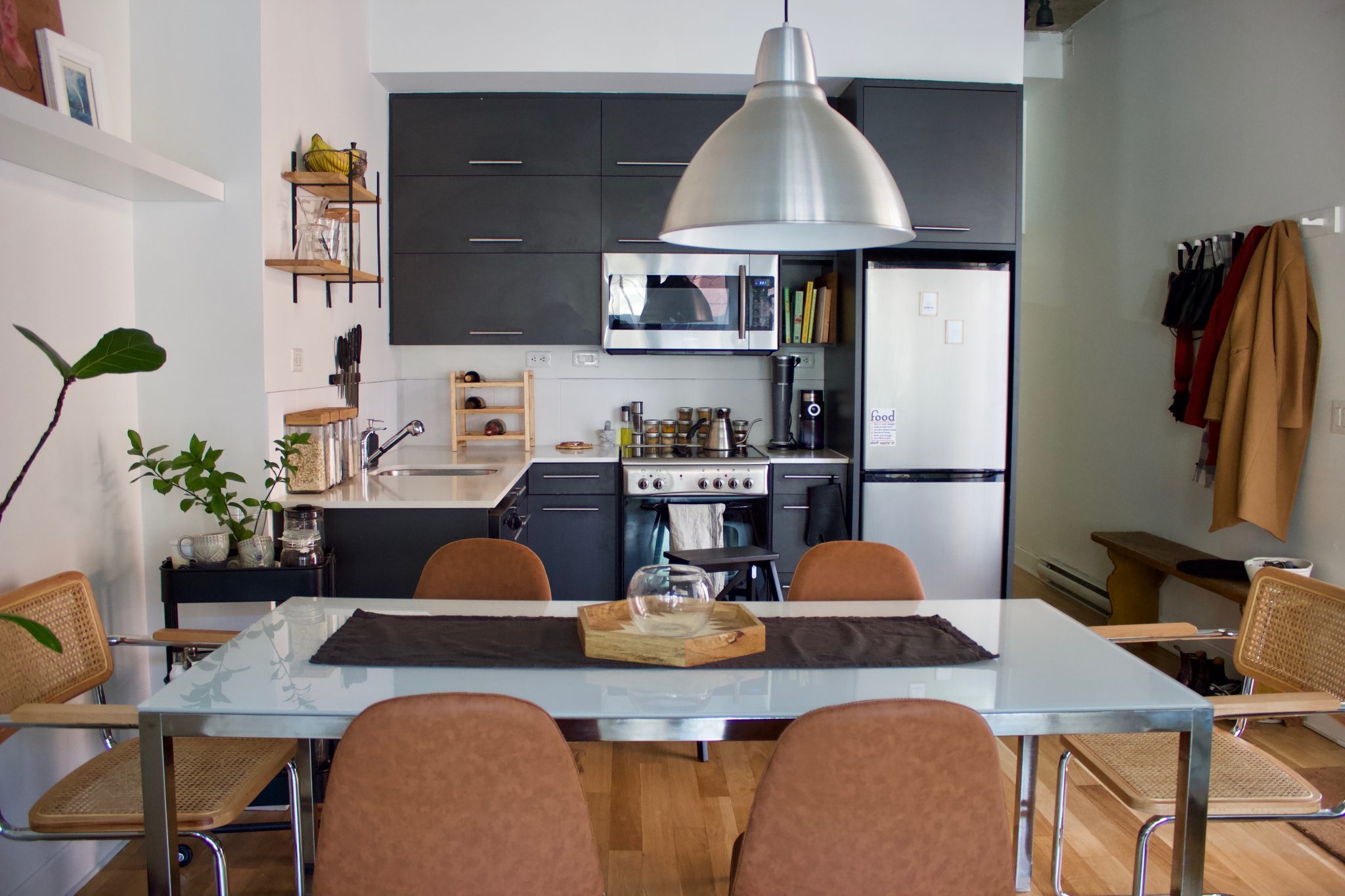
Disaster-proof your home
Find out what the best course of action is in relation to water based on your building and season. You might consider shutting off your water if you’re leaving for a long time in the winter, so no pipes burst. I’m not an expert on this, but here is a full guide on how to make sure your residence is protected in the winter.
You can also set up smart water detectors which will automatically shut off your water if it detects a leak. You might also want to unplug things or shut off breakers to prevent any electrical fires while you’re away, and install smart smoke detectors to alert you wherever you are. There’s mixed advice online about fridges though, but from what I’ve read, short trips you should leave your fridge on, long trips, like 4 months and up, you should empty and prep your fridge for long-term travel.
Figure out how you'll be reachable
If you’re travelling a lot and moving about multiple countries, figure out your SIM card situation. Are you going to keep one number? Do a VOIP set up, What’s app or FaceTime only? Or switch SIM cards ever country? Plan ahead so people, especially your designated house sitter, can reach you.
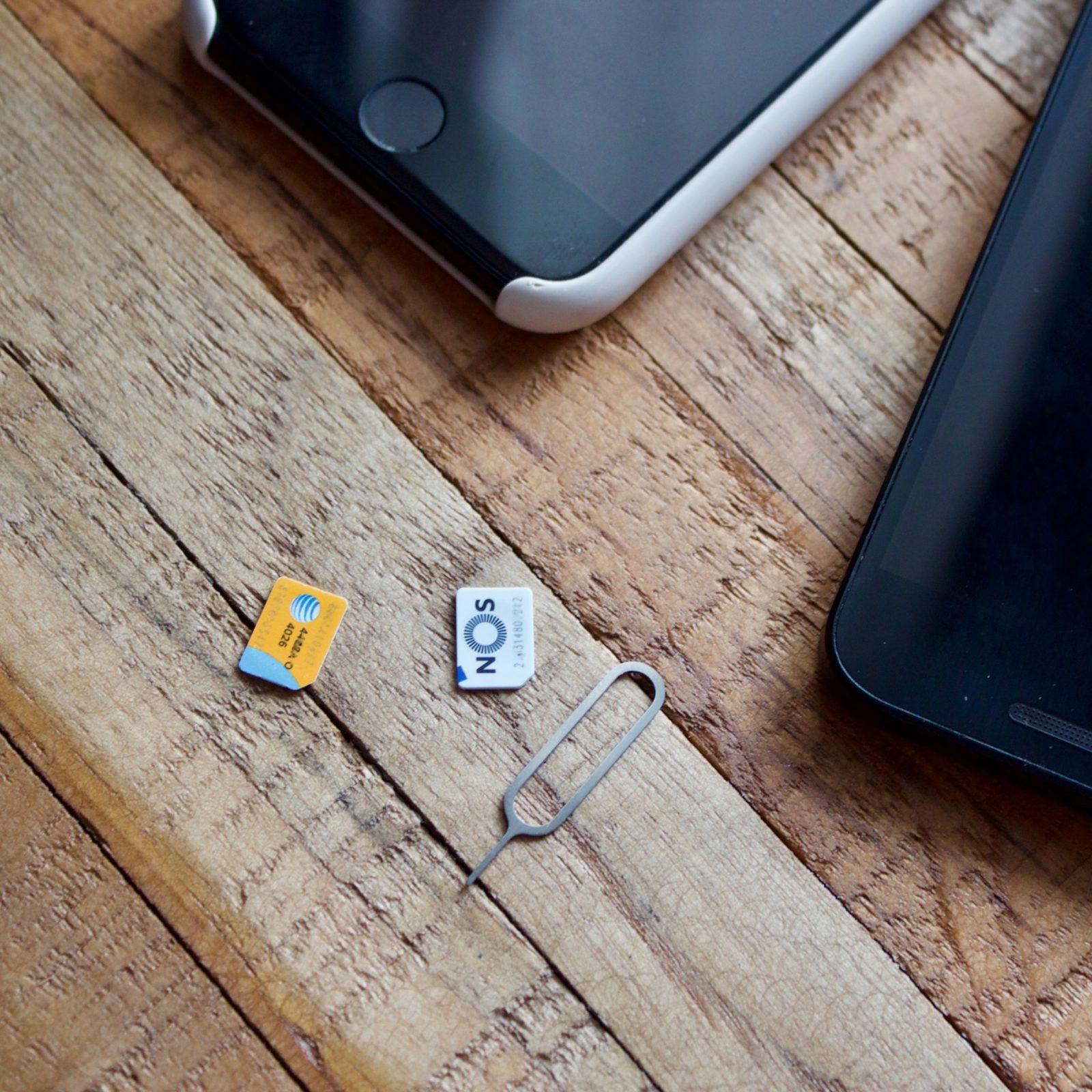
5 Tips for Foreign SIM Cards
Don't leave any perishables, including non consumables
Emptying your pantry and fridge is a given, but there are also other items to consider tossing or giving away before you leave. If you have any pills, creams, or products that will expire before you come back, you might want to use them up before you leave or take them with you. Whatever you do, don’t leave them in a place where they might be in direct sunlight for part of the day. Air and sunlight are the main contributors to the deterioration of any product, consumable or not. If there are any spills or sticky things, clean them up so your house is spotless and has zero chance of attracting critters and bugs.
Don't let long-term storage ruin your things
This last tip I learned the hard way. Make sure your items are stored in a way that’s friendly for long term storage. I have clothing that is in high rotation so I never thing about what 4 months on a hanger might do to it. But, the wrong size hanger or too much gravity can really screw up your clothes. My lesson was that I had a standing mat that I stored upright and by the time I came home, it was totally warped. Just keep an eye out for things that might get dented, warped, wrinkled, or deformed by inadequate long term storage.
Happy (long-term) travels!

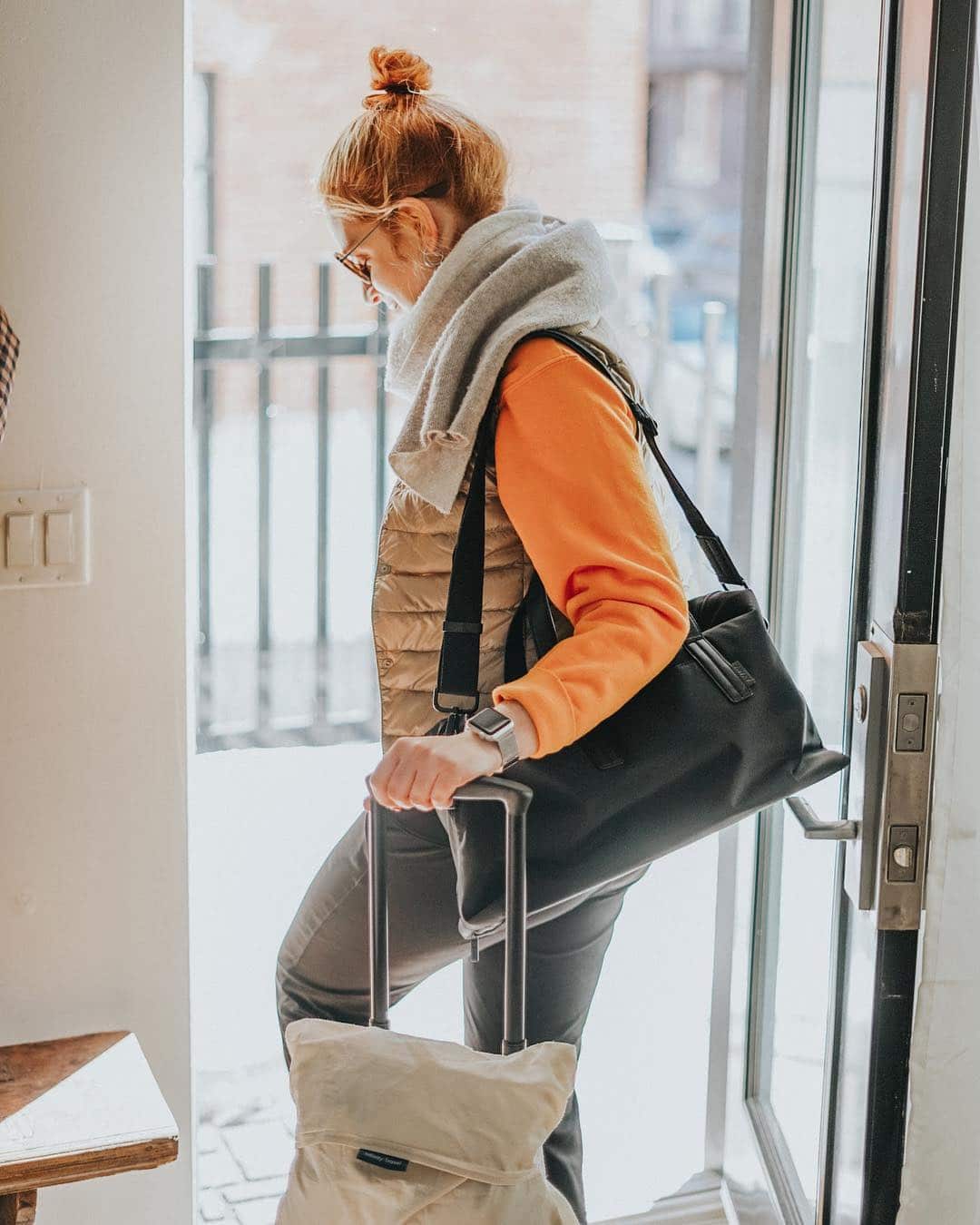




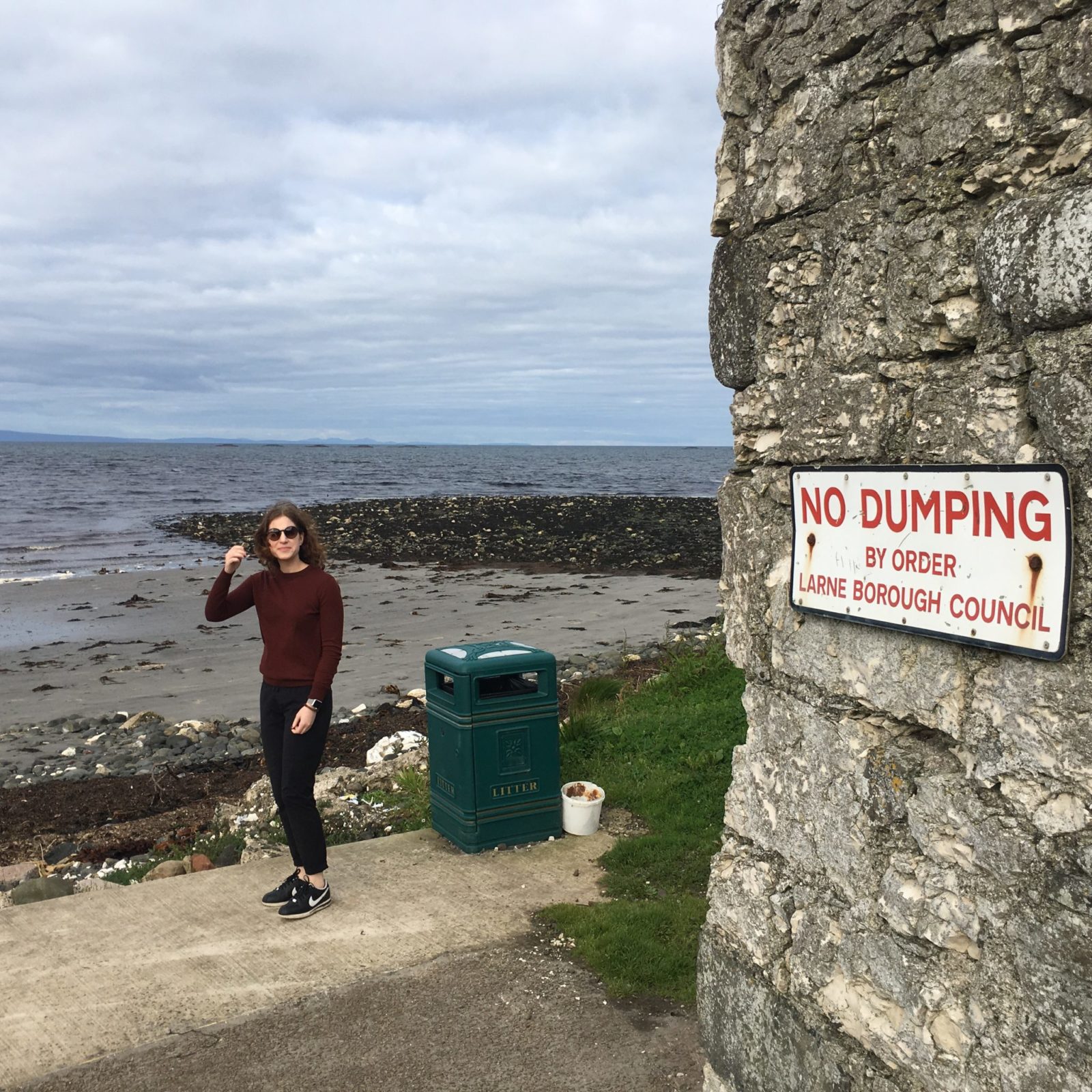
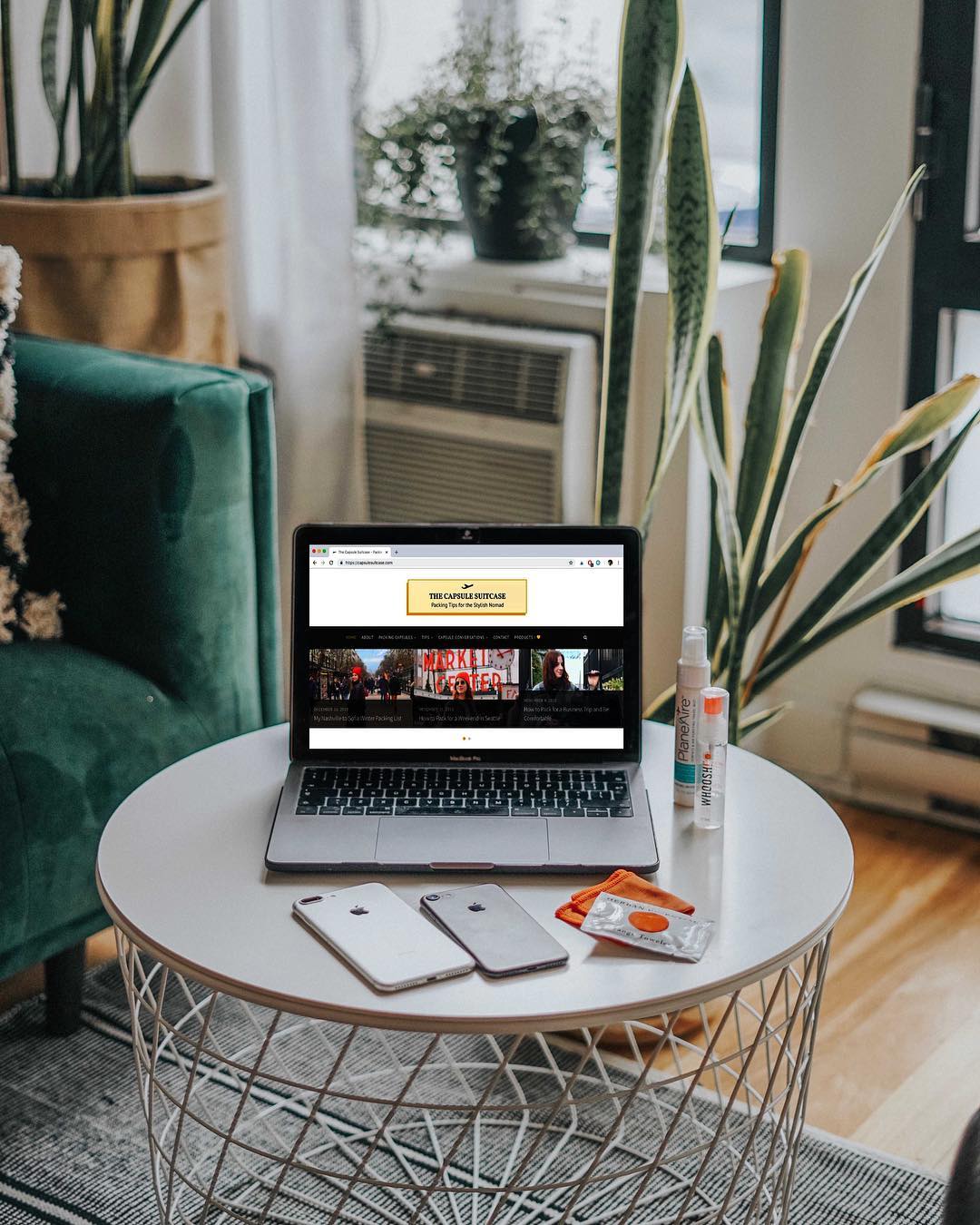
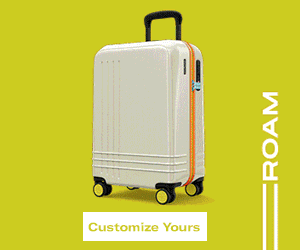



















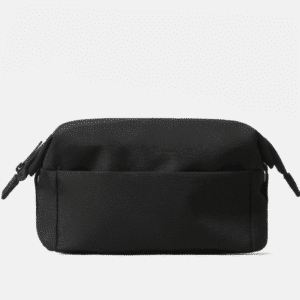








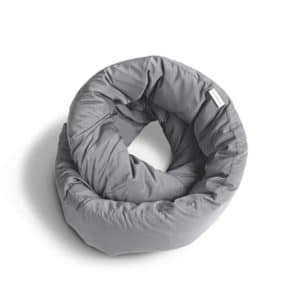
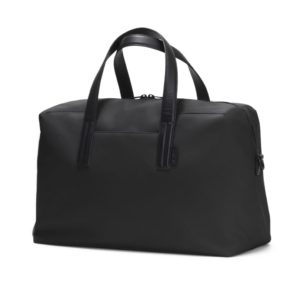
One Reply to “How to Prepare your Home for Long-Term Travel”
Shilpa
THis is a great guide for travellers. Thanks for sharing.